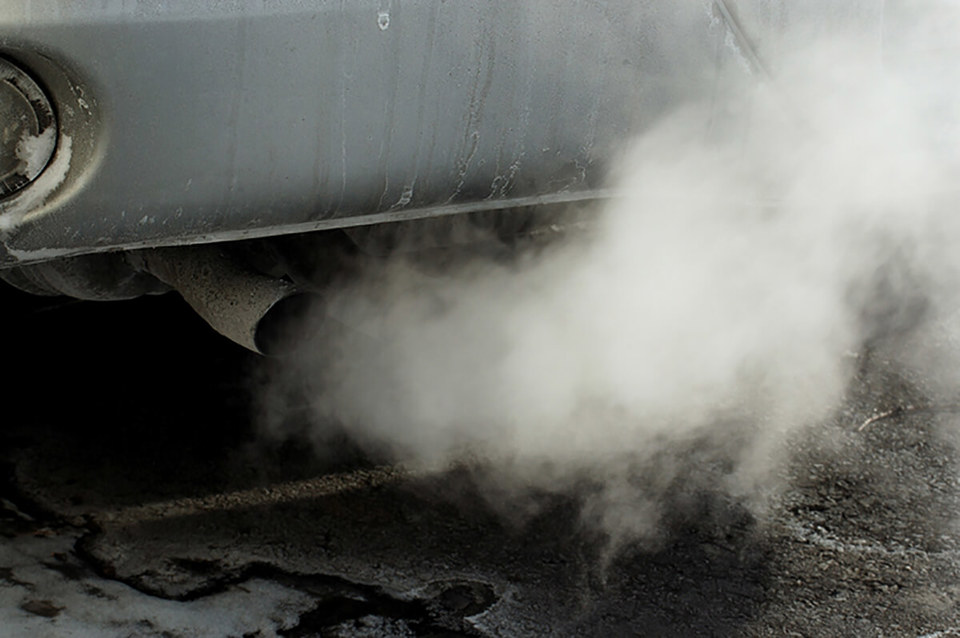The diesel share of fleet registrations is steadily declining, but still accounts for more than half of the market, data from the Society of Motor Manufacturers and Traders (SMMT) reveals.
Diesel registrations accounted for 56.4% of the fleet market in March – a four percentage point fall on March 2016.
February’s figures showed an even greater decline, with diesel market share falling by more than six percentage points from 63.7% in 2016 to 57.5% in 2017.
And, it was a similar story in January, with diesel accounting for 57.1% of the fleet market compared to 61.4% in 2016.
Petrol has been the main beneficiary, with its market share growing by about four percentage points year-on-year, while alternative fuel vehicles (AFVs) have also shown a small rise. For example, petrol hybrids such as the Mitsubishi Outlander have proved popular among company car drivers.
Diesel has been the powertrain of choice for most fleets since the taxation rules changed in 2002, thanks to better fuel efficiency and lower CO2 emissions. But, growing concerns around air quality is “unfairly” impacting its market share, according to the SMMT.
Contrary to recent reports, it says diesel cars are not the main source of urban NOx. In London, for example, gas heating of homes and offices is the biggest contributor, responsible for 16%.
Road transport as a whole is responsible for around half of London’s NOx, with diesel cars producing just 11%, although concentrations will vary dependent on congestion, it says.
Mike Hawes, chief executive of the SMMT, told Fleet News: “Euro 6 diesel cars on sale today are the cleanest in history. Not only have they drastically reduced or banished particulates, sulphur and carbon monoxide but they also emit vastly lower NOx than their older counterparts – a fact recognised by London in their exemption from the Ultra-Low Emission Zone that will come into force in 2019.”
Hawes claims some recent reports have failed to differentiate between these much cleaner cars and vehicles of the past.
“This is unfair and dismissive of progress made,” he said. “In addition to their important contribution to improving air quality, diesel cars are also a key part of action to tackle climate change while allowing millions of people, particularly those who regularly travel long distances, to do so as affordably as possible.”
According to Emissions Analytics, which measures and contrasts real-world driving to the manufacturers’ published figures, average NOx emissions from Euro 6 diesel are 55% lower than Euro 5. However, they are still on average 4.3 times over the EU limit for Euro 6 in real-world operations.
The Government has hinted at tax rises after Chancellor of the Exchequer Philip Hammond promised to look at the tax treatment of diesel vehicles, before announcing any changes in the Autumn Budget later this year – June 8 general election permitting.
Shaun Barritt, CEO of Grosvenor Leasing, argues that an anti-diesel agenda could have a negative impact on the fleet sector.
“We need a sense of calm, because if the ‘dirty diesel’ phrase gets into people’s minds the likelihood is it will impact resale values,” he said.
“This could lead to the leasing sector suffering losses against forecasted residual values.”
The latest figures from pricing experts at Cap HPI report that overall values reduced by 0.1% at three years/60,000 miles. Petrol vehicles rose by 0.3% but diesel fell by 0.4%.
James Dower, senior editor of Black Book at Cap HPI, said: “Continual press reports painting diesel in a negative light appear to be having an effect on buyer behaviour.”
Barritt wants a more measured debate. He concluded: “I would urge the UK Government and the media to push the positive green message rather than focus on this negative campaign of ridiculous hysteria for anyone driving a diesel car, as it is very counter-productive and could be very damaging to the fleet sector which is playing a vital role in driving the green agenda.”




















Edward Handley - 02/05/2017 17:15
At last a bit of common sense! Euro 6 diesel cars and vans are a lot cleaner, and Euro 6 trucks are better still, but there are still people demanding they are banned on environmental grounds while ignoring the much more toxic emissions coming from construction plant machinery, fridges on refrigerated trucks and trailers, buses, trains, shipping, etc.. Of course, we are not allowed to criticise buses and trains as they are "public transport" despite the fact that many are serious polluters, where as all those trucks bringing food and goods into the cities (and taking away the rubbish) are not public transport - presumably because the public do not buy or consume the food, clothes, etc., those trucks carry! The thing that gets forgotten is that diesel engines are very efficient, and the alternative "low pollution" engines may in fact be more polluting than the so called "dirty" engines they seek to replace. Even "clean" electric vehicles pollute because a lot of the power used to charge them comes from fossil fuels and building all the batteries they require is not an environmentally friendly process. Well done SMMT - let's have a bit more logic and a bit less hype all round.